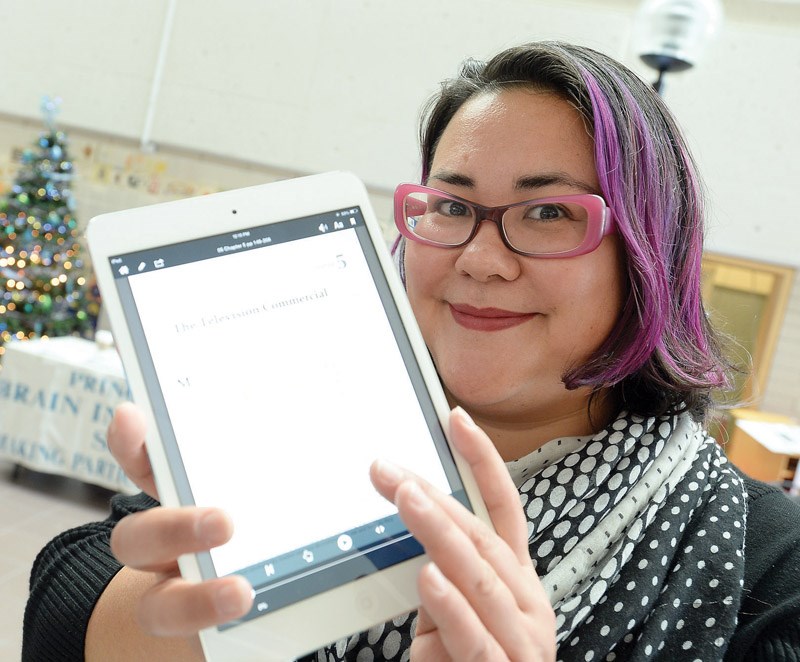For Mike Keitsch, having access to learning support makes all the difference.
"Comprehension doesn't quite work for me the first time. It takes the second time to fully understand," said Keitsch, who is a second-year student at the College of New Caledonia.
The college - through its accessibility services department - helped the 22-year-old get a laptop and a digital recorder that help him better understand lectures.
"If I have one seed, I could plant an entire forest. All I need is that seed," said Keitsch, adding he struggled and had little support in high school.
"I give CNC an 'A' for their services and effort for what they've done for me," he said, adding he actively sought out that support.
"I think people should be comfortable in asking for what kind of help they can get. I don't think there should be any shame to ask at all."
But the college could do better to reach out to vulnerable learners, he said.
"Those services are just not put out there. It sort of has to take your initiative to go and ask about them," said the marketing student. "It took some research and scanning to be able to find it."
Raising awareness of services was the focus of the college's event Wednesday, timed with the International Day of Persons with Disabilities. It was a first for the college and one Mary Ann Tierney, director of student services, said will become an annual event.
The college changed the name of the department from "disability" to "accessibility" services in an effort to change the conversation about abilities.
"We want to focus on the positive and we want people to be aware that a disability does not mean that people are not able to do things. It just means that there may be a different way of doing things for those people," Tierney said.
About 140 students use services that range from technology like computers with specialized text to speech software to books offered in different formats.
"There's a number of things that we can do," she said.
The Centre for Accessible Post-secondary Education Resources is a provincial partner that provides support for those who struggle with traditional print formats, typically with textbooks.
For example, a blind person would need a textbook translated to account for aspects like pictures, infographics or complicated formulas that audio software reading it aloud might not translate.
Fill-in-the-blanks, said CAPER's accessibility librarian Tara Robertson, become "nonsense poetry" when read out by software.
"It would make no sense," she said, adding it needs that human touch to go through the textbook and make it legible.
Or there was the woman CAPER helped who heard voices.
Robertson said the woman told her, "'When I'm able to read and hear the voice reading it to me, [it] makes those other voices kind of go in the background.'"
The organization serves some 12,000 students province-wide. Robertson said funding for CAPER-BC from the Ministry of Advanced Education hasn't changed since 2008 despite rising demands for its service. Since then, the number of students has increased by 146 per cent and the number of requests - each textbook, for example - has risen 271 per cent.
"We don't turn people away, but we need to be able to do this quickly," she said, adding a request should take a week to fulfill.
Normally that's the case, but in the rush of September, sometimes that stretches to a month.
"They're four weeks behind their classmates which is really hard," Robertson said. "For a student with a print disability, this is an essential accommodation that will help them access post-secondary education and then be successful."


